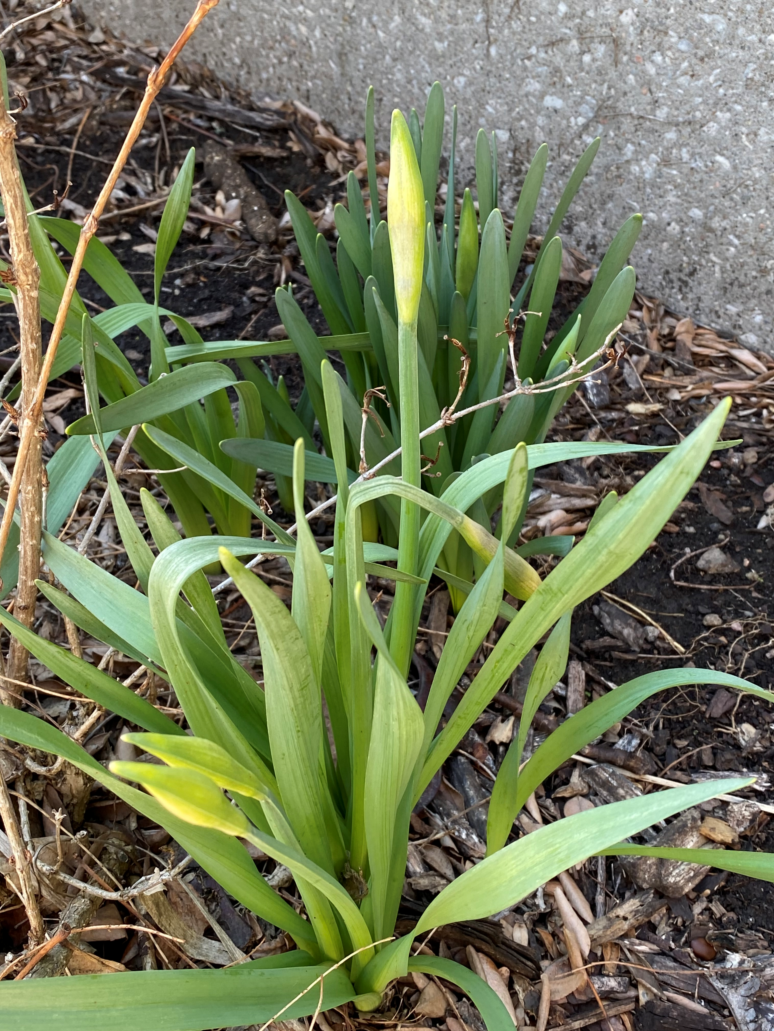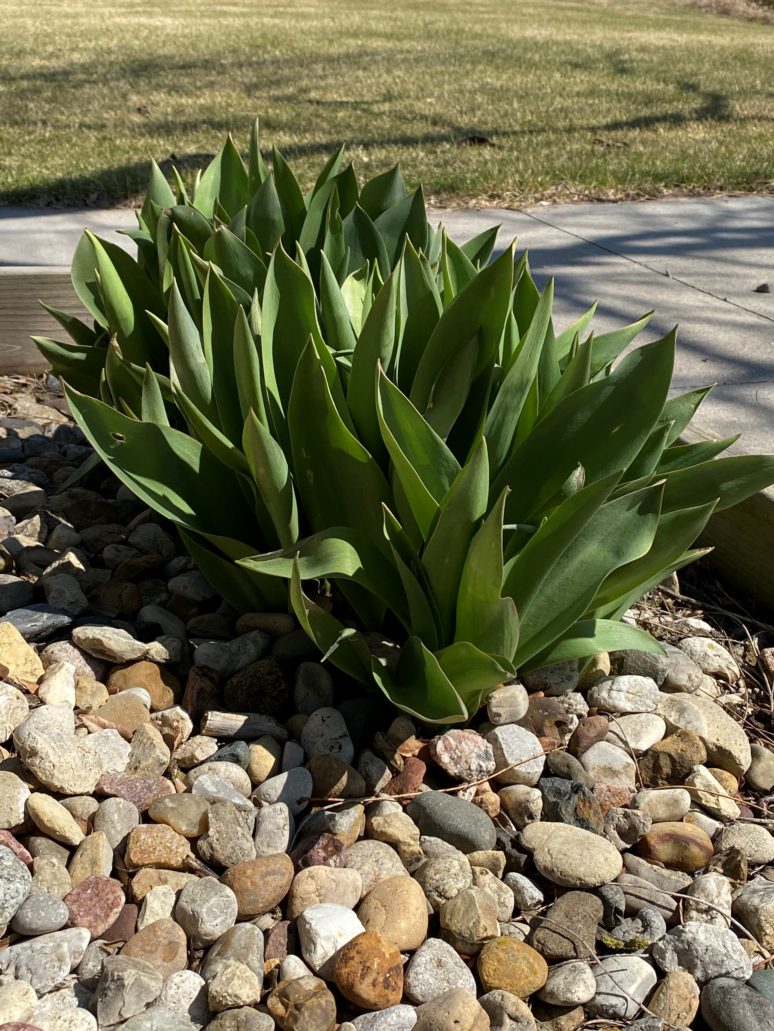Joh 18:1 – 19:42
Is 52:13 – 53:12
Hebr 4:14-16; 5:7-9
Focus: We have a God who knows our hurts and pains, a God, who carries our burdens
for us, and a God who gives us dignity in the midst of our suffering.
My sisters and brothers, a. Megan, an ER nurse in NYC, rises at 5:15 a.m., and arrives in her Covid-19 unit by seven. She receives the hand-off information from the night shift. She washes down, puts on the yellow gown, shoe covers, hair cover, the face mask, gloves and the eye shield
and sees a first patient who is distraught, coughing uncontrollably. She administers a breathing treatment, along with some pain medication and fluids.She delivers to the patient a message from her family and reassures her that she will get better. She leaves and repeats the process with the next patient. She does this for 12 hours. Then she goes home and thoroughly disinfects before she greets her family. She has some dinner and goes to bed. She rises at 5:15 a.m. and repeats the process,
trying not to be discouraged by those patients who go on ventilators or don’t survive.
Megan also prays for her patients. And she prays for herself and for her colleagues for strength and for the necessary attentiveness to what needs to be done at every moment to keep the virus from spreading further. First responders, nurses like Megan, doctors, and so many others are at the front line in the fight against this virus. Their dedicated and courageous service to those who are suffering during this crisis is indispensable.
Today we commemorate the suffering of Jesus. God’s Son became a human being. Carrying out to the end his mission of making God’s love and mercy visible and tangible especially to the poor,
the hopeless, and the marginalized, he endured rejection and scorn, torture and death.
In today’s first reading from the Prophet Isaiah, composed over 500 years before Christ,we find the concept of substitute suffering. In the Lord’s Suffering Servant, we meet a person, who, guiltless and standing up for what is right,has to endure terrible things And we hear: “He was pierced for our offenses, crushed for our sins … By his stripes, we were healed.” The early Christians saw Jesus as the one in whom this prophecy fully came true.
Our second reading from the letter to the Hebrews speaks to us explicitly about Christ, the high priest, who offered himself for our eternal salvation. The journey wasn’t easy for him. At Gethsemane, he rebelled against what it entailed. He prayed with loud cries and tears that his cup may be taken away from him. Then, however, he found his YES. God’s gift to him – he was heard – was his readiness to surrender his life.
The Passion account in John’s Gospel reports about Jesus’ trial, his being beaten, scourged and mocked, the crowning with thorns, his carrying of the cross and his crucifixion.
Yet, in the midst of all that is being done to him, Jesus’ royal dignity shines forth: Pilate interrogates Jesus, “Are you the king of the Jews?” Jesus responds, yes, I am a king; however, “my kingdom does not belong to this world.” Jesus comes from a different world, from the divine world,
which Pilate can’t understand, because he only sees the surface. Jesus is the true king who is completely free and rules over himself. The world has no power over him.
Here’s the liberating and healing message of the Passion according to John for us: Because of Christ and because we belong to Christ, each one of us is a king or a queen. In us, there is a dignity, which is not of this world. Therefore, the world has no power over us. The paradox consists in the fact that this dignity becomes visible in the passion: Where we are weak, judged, hurt, and nailed down, we can know: There is a space in us, in you and me, in which nobody can harm us.
Nobody can take my royal dignity away from me.
Dear Sisters and brothers in the faith, We have a God who knows our hurts and pains, a God, who carries our burdens with us and for us, and a God who gives us dignity in the midst of our suffering.
Pope Francis has drawn attention to so many forms of suffering, lately especially also to those caused by the coronavirus. He said this week: “Life is a gift we receive only when we give ourselves away, and our deepest joy comes from saying yes to love, without ifs and buts.
As Jesus did for us. Let us give thanks today for the health care workers like Megan and all who help others, and have to put up with a lot on behalf of others, during this crisis. Let us also intercede for them today, for their safety and for strength.
During the Veneration of the Cross this afternoon, we will bow or kneel down before the Cross, acknowledging that in this sign of disgrace there is the foundation of our hope. As we do so, let us bring our sufferings to Christ, and those of so many people during these days.
And let us ask today for an experience of that divine freedom that allowed Jesus to say: “My kingdom does not belong to this world.” AMEN.
~Fr. Thomas Leitner, OSB




